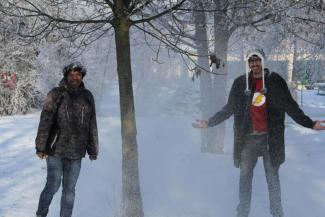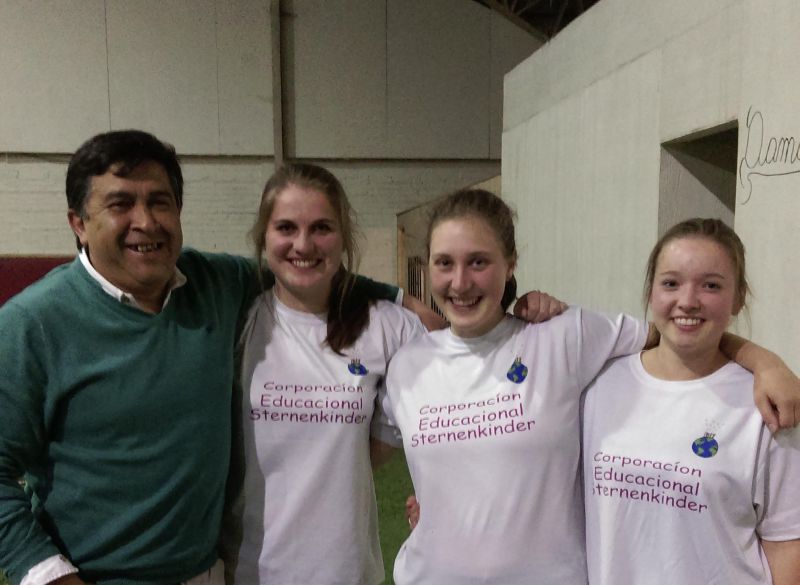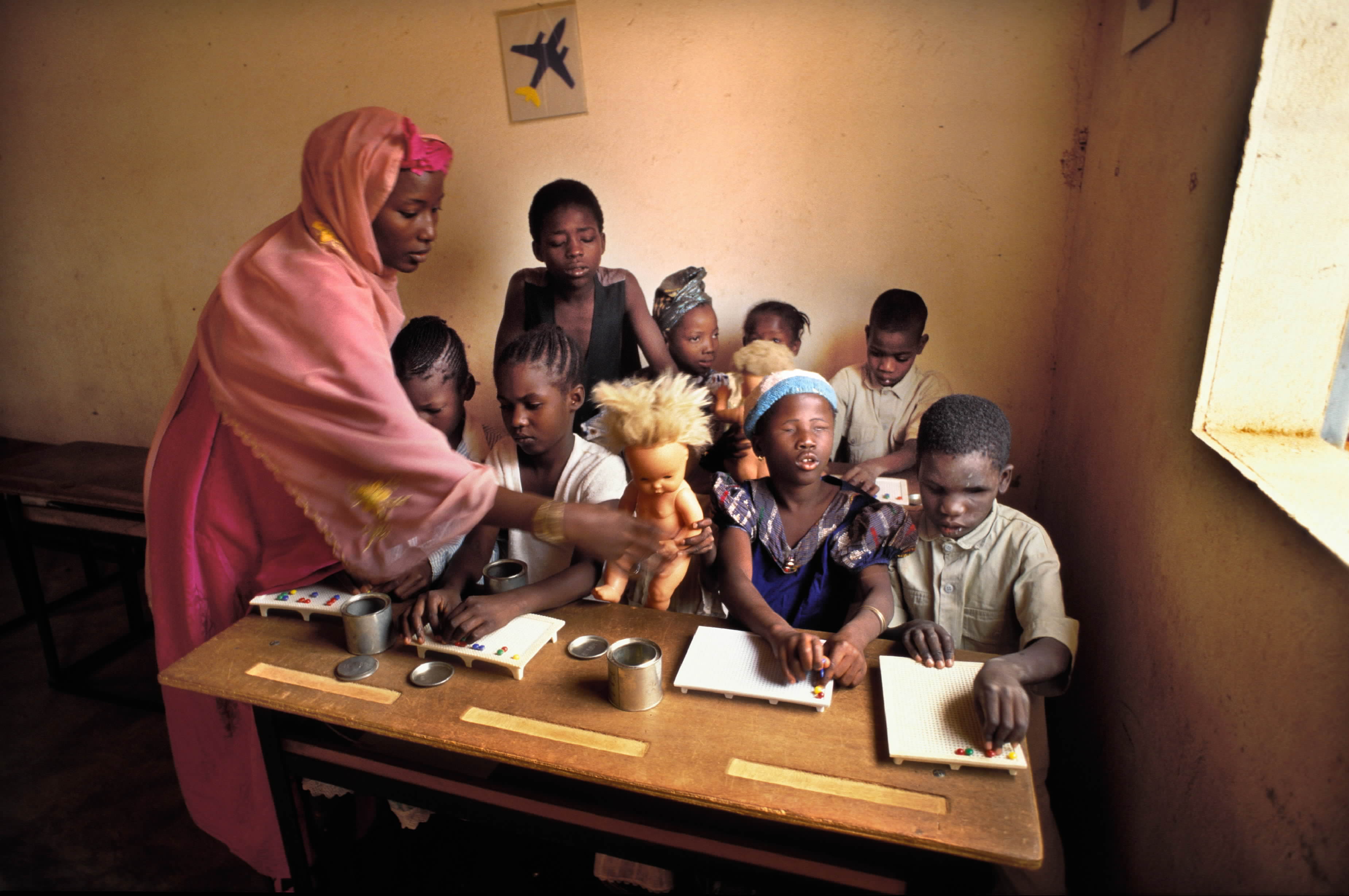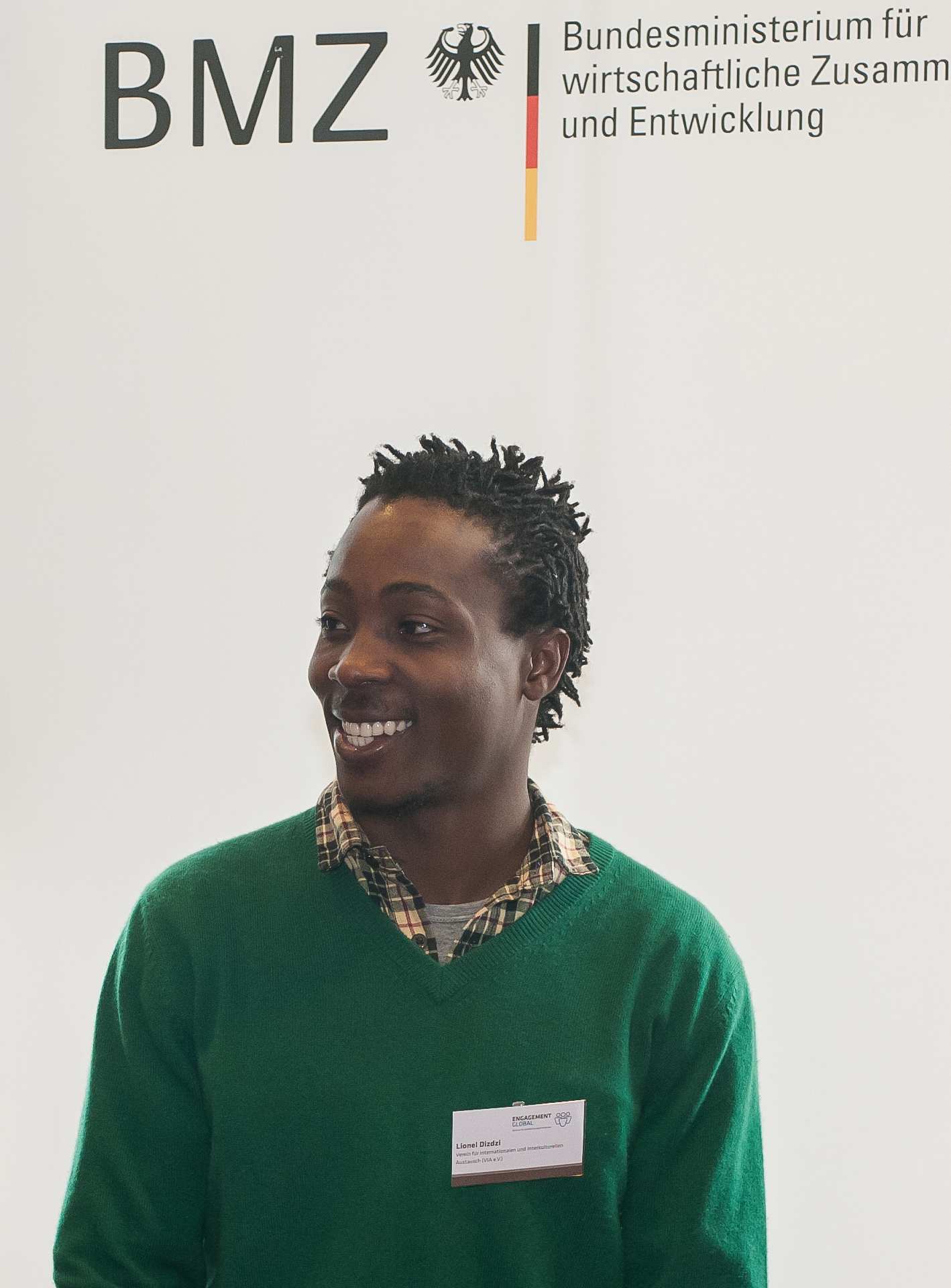Volunteers
“It is good when walls come down”

Weltwärts volunteers are sent to developing countries by 155 German civil-society organisations (CSOs), while 66 German CSOs and 245 foreign ones are involved in south-to-north youth exchange. So far, 400 volunteers have come to Germany, and the number expected for this year is 600.
Jacob Betmou is from Cameroon and has spent the past ten months in Germany, working as a volunteer with a CSO called Slow Food. The Prostant charity Brot für die Welt organised his stint in Germany. He is interested in agriculture and soil. “In our society,” he says, “we think more about how we can eat and produce food, and less about how to protect our soil.” In his eyes, too much pesticide is used in Cameroon. He says he will pass on his new insights when he comes home. “My organisation teaches youngsters to grow vegetables. My experience with Slow Food will allow me to show them how to make do with less pesticide.”
In view of globalisation, Horst Heinrich Bammer of the South African embassy in Berlin considers international exchange more important than ever before: “All the huge challenges that endanger stability, like human or drug trafficking, migration, terrorism, are international, except for one: nationalism.” To tackle these challenges, cooperation is needed. “That is why this programme is so valuable,” was Brammers comment at a weltwärts conference that was held by ICJA, a CSO, in Berlin in May.
Bernhard Felmberg of Germany’s Federal Ministry for Economic Cooperation and Development (BMZ) sees things in a similar light. Weltwärts, according to him, is grassroots-level cooperation. Having grown up in West Berlin, he appreciates that “it is good when walls come down”.
All organisations involved want the volunteers to stay engaged after returning home. Experience shows that things are running well in regard to the German volunteers. More than 70 % of those who have been abroad are active in some kind of initiative or plan to become active soon. So far, however, there is no reliable data about those who return home from Germany. However, Meena Bedarkar works for an Indian CSO and says: “They come back with the awareness that they can make a change.”
Visa can be a problem. Even though the Federal Government sponsors weltwärts, German embassies sometimes don’t grant applicants access to the Federal Republic. The BMZ is working on a memorandum of understanding with the Foreign Office and several embassies to improve matters.
Funding and picking the right candidates are two more challenges the CSOs face. Bedarkar says her organisation gets 100 applications for five volunteer posts. “We want to pick people who would otherwise be unable to go abroad,” she says, “but more funding is needed.”
An evaluation is currently being done to assess whether the south-north-exchange is meeting expectations. The results will have an influence on future weltwärts funding.
Eva-Maria Verfürth












